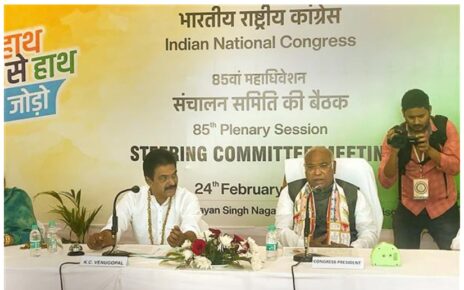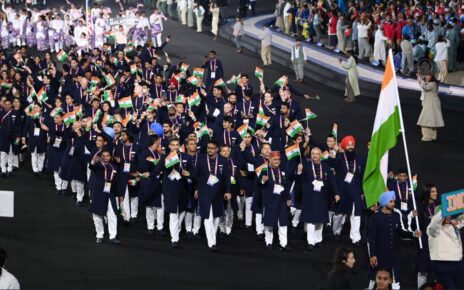New Delhi
The Supreme Court on Friday ordered that a floor test be held in the Karnataka Assembly at 4 pm on Saturday to ascertain whether newly appointed BJP chief minister BS Yeddyurappa enjoys majority in the state.
“Let the House decide and the best course would be floor test,” a three-judge bench headed by Justice AK Sikri said.
The bench also asked the newly elected government not to take any major policy decision till it proves majority in the House.
It also ordered authorities, including the DGP, to ensure law and order outside the Karnataka Assembly.
The apex court made it clear that it would deal with the constitutionality of the governor’s letter inviting Yeddyurappa to form the government later.
The bench said ultimately the question is about majority which has to be proved in the floor test.
Abhishek Manu Singhvi, appearing for the Congress, said that the party is ready for it but “the entire proceedings should be videographed and ensure proper security to MLAs to vote fearlessly”.
Senior advocate Mukul Rohatgi, appearing for Yeddyurappa, suggested the floor test to be conducted on Monday, but the apex court rejected the suggestion while adding that the floor test should happen at the earliest.
During the hearing, Yeddyurappa placed before the Supreme Court letters that he had sent to Governor Vajubhai Vala in which he had staked claim to form the government in Karnataka.
Yeddyurappa, who was sworn in as Chief Minister of Karnataka on Thursday, told a special bench comprising Justices AK Sikri, SA Bobde and Ashok Bhushan that being the single largest party the BJP was the “mandate of people” of the state who have thrown out the Congress.
Rohatgi told the bench that there was no pre-poll alliance between the Congress and JD(S) and they have formed an “unholy alliance” after the elections.
“The single largest party (BJP) is the mandate of people of Karnataka who have thown out the ruling party. The ruling party has much less members than us. There was no pre-poll alliance. It (Congress-JDS) is an unholy alliance,” Rohatgi said.
Venugopal told the bench that Yeddyurappa was being represented by Rohatgi, who placed the letters before the bench. The bench directed Rohatgi to give the copies of the letters to the counsel appearing for Congress-JD(S) combine.
Rohatgi, while reading out then operative part of the 16 May letter sent by Yeddyurappa to the governor, said the BJP leader had said in the letter that the party has emerged as the single largest party in the state and they were willing to form the government.
He also referred to the 16 May letter written by Yeddyurappa and said that the BJP leader had requested the governor to invite the party to form government and had also said that they would provide a “stable government” and they have the “support of others”.
In a historic pre-dawn hearing, the top court had on Thursday cleared the last-minute hurdle created by the Congress-JD(S) combine for the BJP’s ambitious surge in southern India by paving the way for Yeddyurappa to be sworn in as the Chief Minister of Karnataka.
A specially constituted three-judge bench after more than three hours of hearing, had made it clear that it was not interfering with the governor’s decision to invite the saffron party to form government in the state in which BJP with 104 seats has emerged as the single largest party.
During the high-voltage hearing, which lasted from 2.11 am to 5.28 am, the top court had made it clear that the swearing-in and government formation would be subject to the final outcome of the case.
The court had directed the Centre to place before it two communications sent by Yeddyurappa to the Governor in which he had staked claim to form government, saying their perusal was necessary to decide the case.




